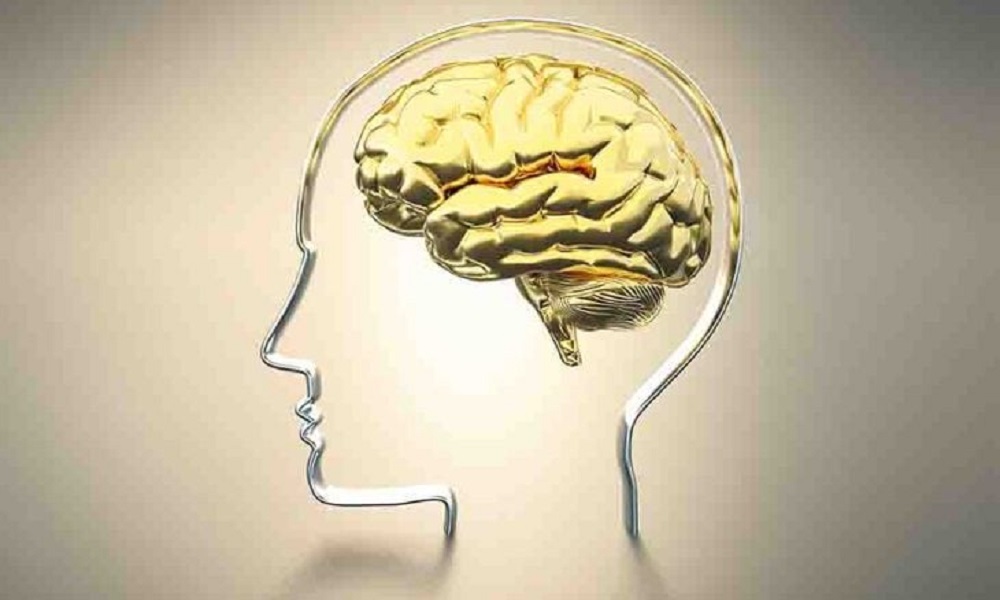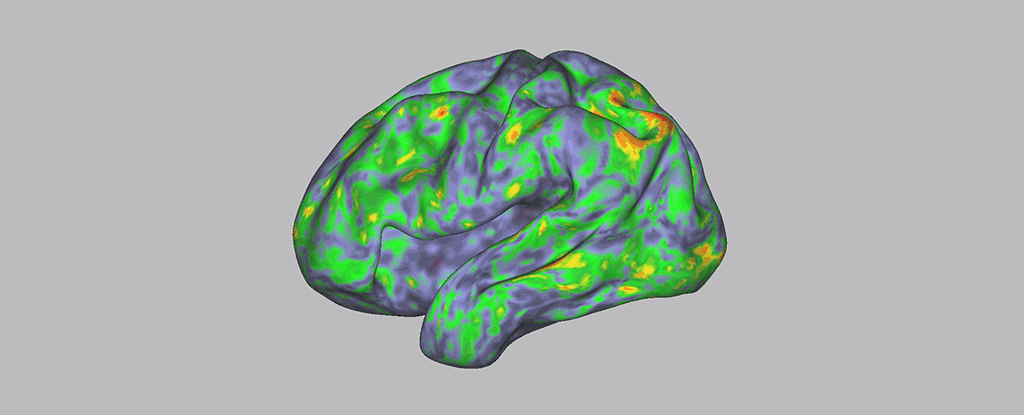
A Canadian study finds that the human brain emits a faint glow known as bio-photons, which vary with mental activity.

Chinese scientists explain how entangled photons emitted by carbon-hydrogen bonds in nerve cell insulation could synchronize activity within the brain.

A meta-analysis of existing research shows exposure to nature, even as little as 10 minutes, could benefit those with diagnosed mental illness.

Once maligned for their psychedelic properties, magic mushrooms are increasingly attracting attention for their same mind-altering potential as a therapy for a wide variety of mental health issues.

Researchers found that time cells in the brain are crucial for learning complex tasks, acting like a personalized time code.

A review of 53 placebo-controlled surgery trials found that sham surgery was as good as the real thing in over half of the studies. Sham surgery activates the wound-healing cascade.

Empathy, often considered a fixed trait, has been shown to be malleable in adults, influenced by observing the empathetic reactions of others.

Research suggests that 'time cells' – neurons in the hippocampus thought to represent temporal information – could be the glue that sticks our memories together in the right sequence so that we can properly recall the correct order in which things happened.

A study by evolutionary neuroscientists suggests our minds develop thanks to fermentation. It made food easier to digest and contained more nutrients, facilitating our grey matter’s development.

Psychologists have revealed a profound connection between the spirituality of science and positive wellbeing, much like the benefits traditionally associated with religion.

In a new study, a model trained on functional magnetic resonance imaging scans of three volunteers was able to predict whole sentences they were hearing with surprising accuracy—just by looking at their brain activity.

Quantum brain processes could explain why we can still outperform supercomputers when it comes to unforeseen circumstances, decision making, or learning something new, while the discovery may also shed light on consciousness.

An eight-week programme of mindfulness meditation improves quality of life and reduces fear of activity in heart attack patients, according to a recent research.

Neural excitation linked to shorter life, while suppression of overactivity appears to extend life span. Protein REST, previously shown to protect aging brains from dementia and other diseases, emerges as a key player in molecular cascade related to aging.

The researchers found that more mindfulness correlates with better academic performance, fewer suspensions from school, and less stress. The researchers also showed, for the first time, that mindfulness can alter fear and other negative emotions.